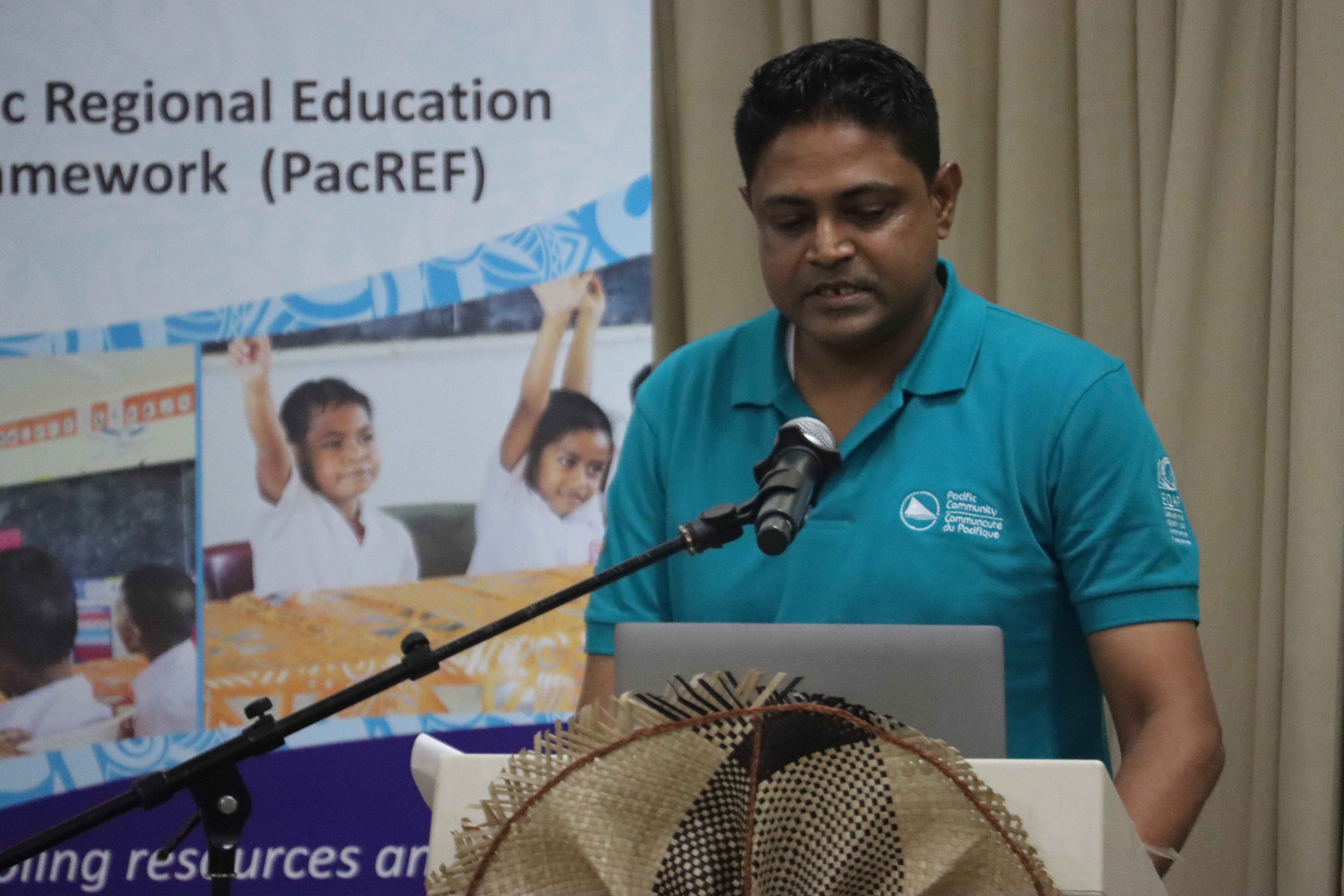Related News

Education managers and school principals from across the region gathered in Nadi from August 14 to 18 for the Regional Summit on Advancing Resilience and Inclusion through Sustainable School Leadership. Hosted by SPC’s Educational Quality and Assessment Programme (EQAP), the main objective of this summit was to update the Regional School Leadership Standards, which were established in 2012.
Drawing upon the wealth of expertise, experience, and cultural insights from the 15 countries within the region, as well as regional and international institutions, donor partners, and international agencies, the summit aimed to comprehensively reevaluate the existing Regional School Leadership Standards.
The Institute of Education was represented by our Director, Dr Seu‘ula Johansson-Fua and Fellow in Leadership and Research, Dr Nilesh Narayan, at the summit.
“The presentations and discussions during the summit were particularly productive, contributing to the evolution of school leadership standards within the region,” Dr Nilesh said.
He highlighted that a significant takeaway from the summit was the recognition of the pivotal role that regional leadership standards played, serving as guiding principles for the formulation of national leadership standards.
“Furthermore, the summit underscored the critical importance of effective school leadership and explored avenues for enhanced collaboration among partners and stakeholders. The complex nature of schools and the region’s diverse linguistic, cultural, and contextual aspects were highlighted during the summit discussions.
“As a result of these deliberations, consensus was reached on four key domains that should form the bedrock of school leadership standards,” he said.
In the concluding stages of the summit, a presentation by Dr Nilesh spotlighted the Graduate Certificate in School Leadership (GCSL) programme which is delivered by the IoE.
“GCSL presentation discussed the importance of a school leadership qualification for the region.
“The presentation highlighted the contextualization of the GCSL course materials to different countries before delivery as well as the qualification level, entry requirements and each course’s/unit’s objectives.
“The participants were extremely interested in the program and many countries were willing to pursue GCSL programme for their school leaders,” Dr Nilesh said.
